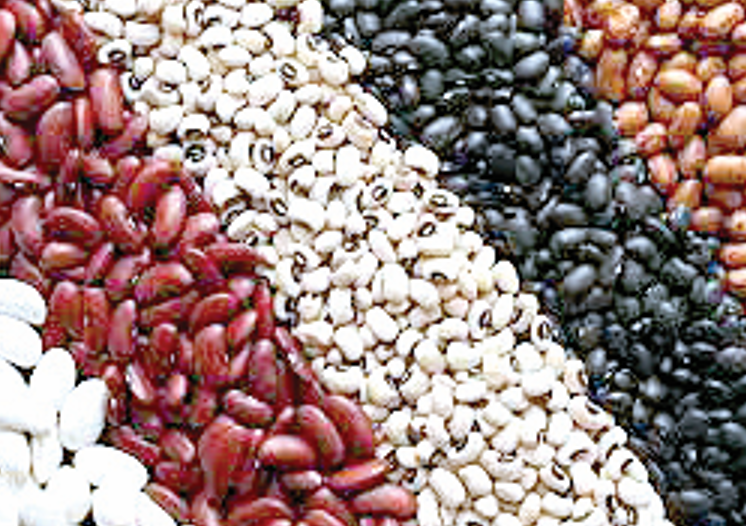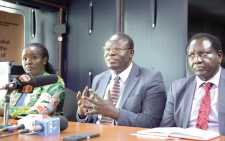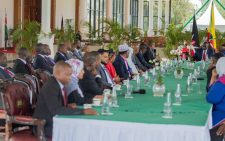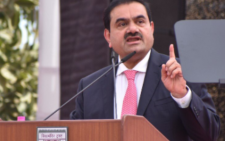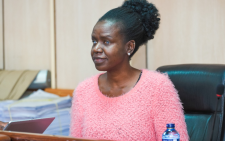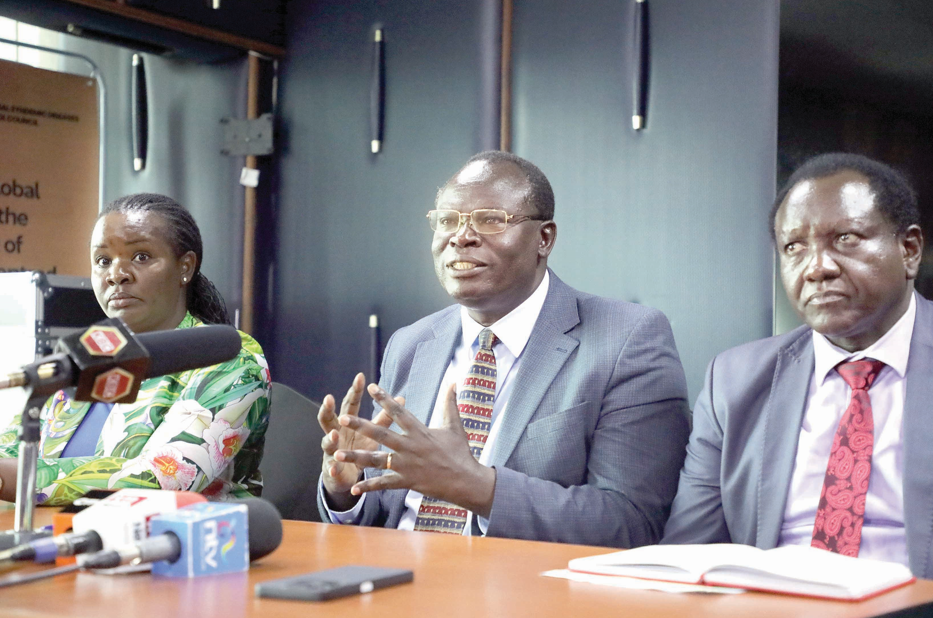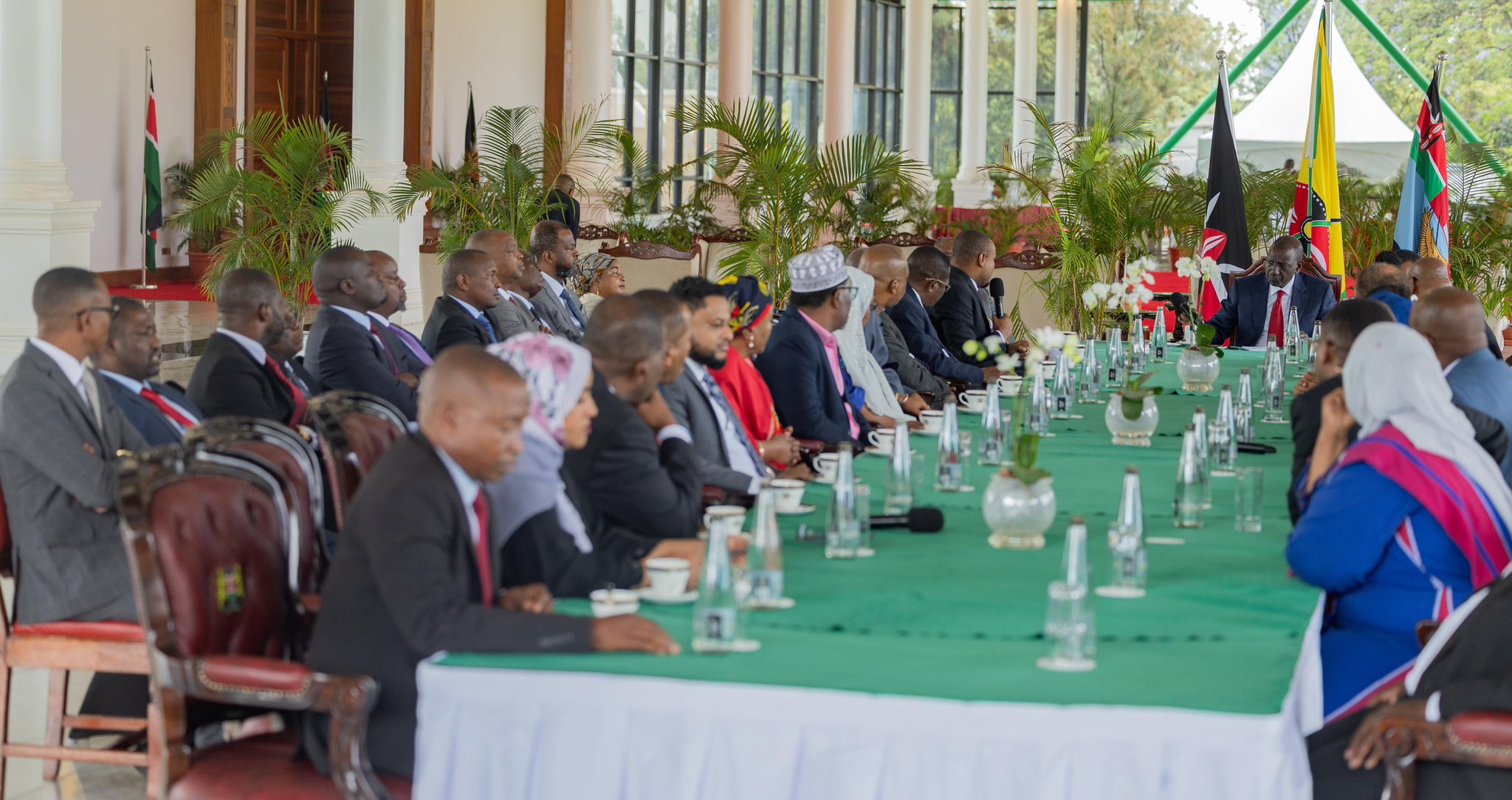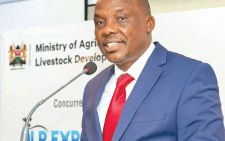The Kenyan government plans to review the 2010 National Seed Policy and other regulations to boost the production of high-quality seeds and curb the sale of counterfeit seeds by strengthening penalties for rogue traders.
Agriculture and Livestock Development Cabinet Secretary Andrew Karanja said that while the industry has made significant progress—particularly with the development of new seed varieties—the legal framework needs updates to address current challenges.
Karanja said there is need to establish a sustainable and resilient seed sector that supports both food security and economic growth, emphasizing the need for policies that reinforce local seed production and integrated systems.
In a speech delivered by Deputy Director of Crop Resources Management Leonard Kubok at the 12th Seed Trade Association of Kenya (STAK) Congress and Seed Expo, Karanja commended Kenya’s competitive seed industry.
Sustainable seed sector
“It is essential that we develop a robust and sustainable seed sector that will not only enhance food security but also empower our farmers and stimulate economic growth,” said Dr. Karanja.
The government’s role is focused on regulation and quality control, with the Kenya Plant Health Inspectorate Service (KEPHIS) playing a key role in maintaining standards and ensuring farmers access certified seeds.
Despite these advances, the industry still faces significant hurdles as demand for seeds, especially maize, has grown sharply, with annual requirements reaching 52,066 metric tons for maize and 86,078 metric tons for beans.
However, seed companies struggle to meet these demands, creating opportunities for counterfeit seeds to infiltrate the market.
Counterfeit seeds not only undermine farmers’ productivity but also lead to severe financial losses. Efforts like security labels to verify authenticity abound, yet counterfeit products continue to be a persistent issue for farmers. Wellington Wasike, chairman of STAK, pointed out that industry stakeholders are pushing for policy changes that would impose stricter penalties on traders caught selling fake seeds.
“We are also looking at ways of onboarding county governments into the surveillance mechanism,” said Wasike. Additionally, he emphasized the need for targeted training for agrovets, particularly those in remote areas, to help them identify and avoid counterfeit seeds. STAK also aims to incorporate county governments into a surveillance network to enhance monitoring across the country.
The reviewed seed policy aims to create a comprehensive, inclusive framework that not only strengthens Kenya’s seed industry but also empowers local farmers, offering them greater access to affordable, certified seeds.

